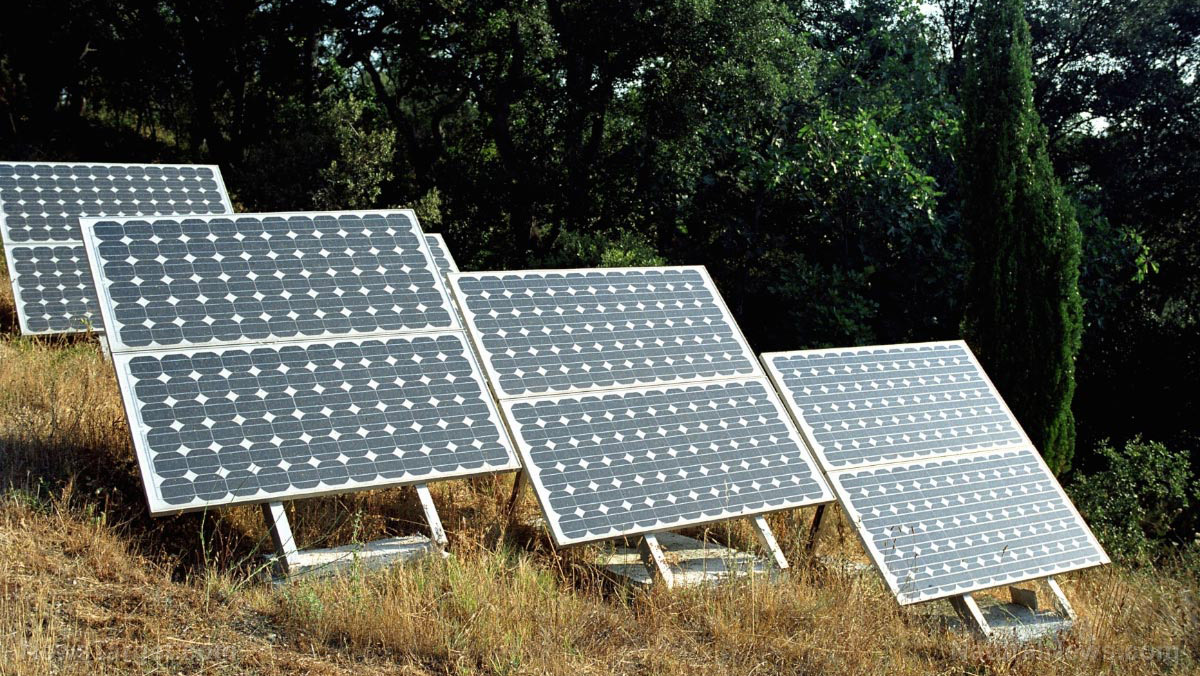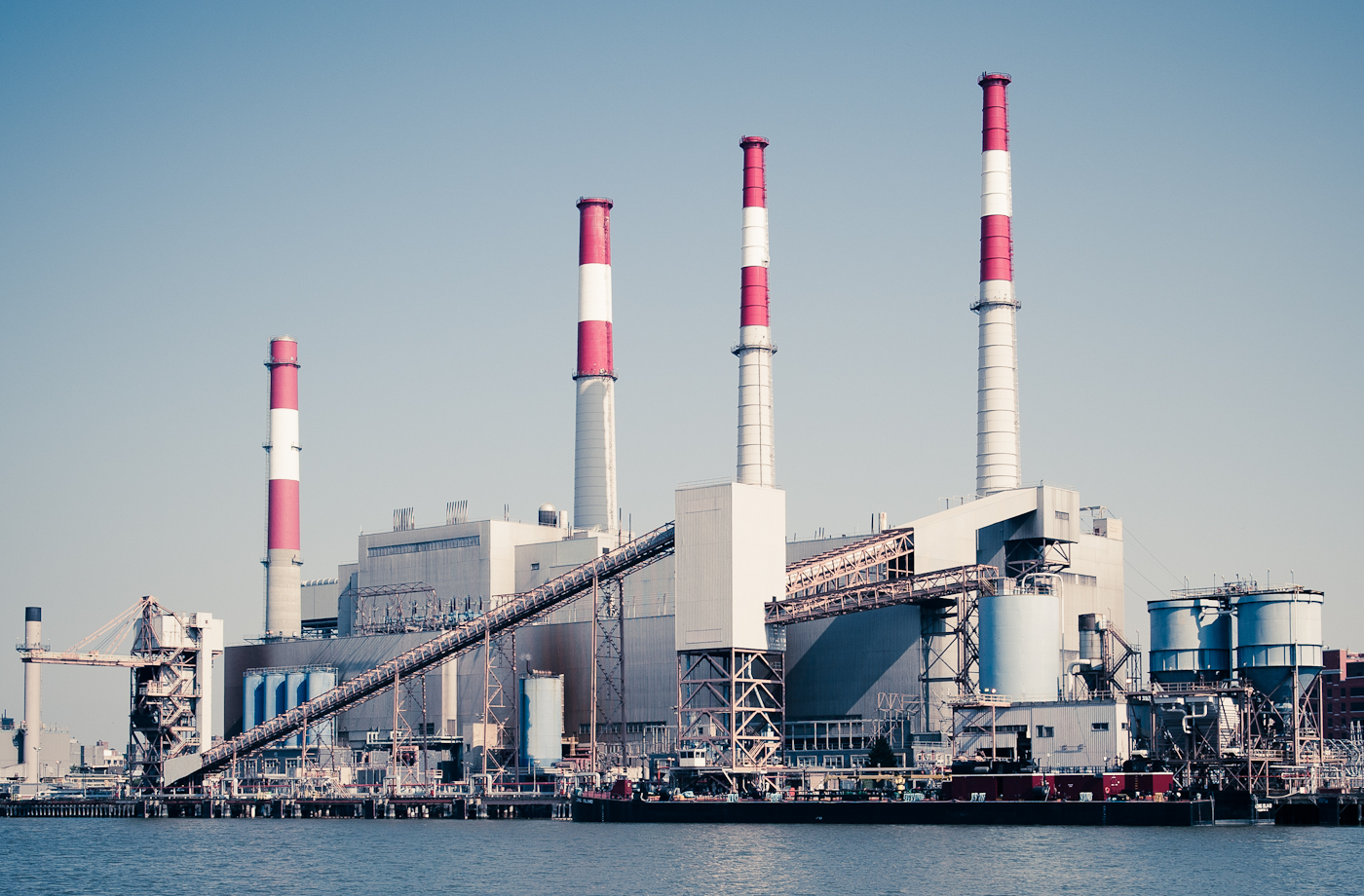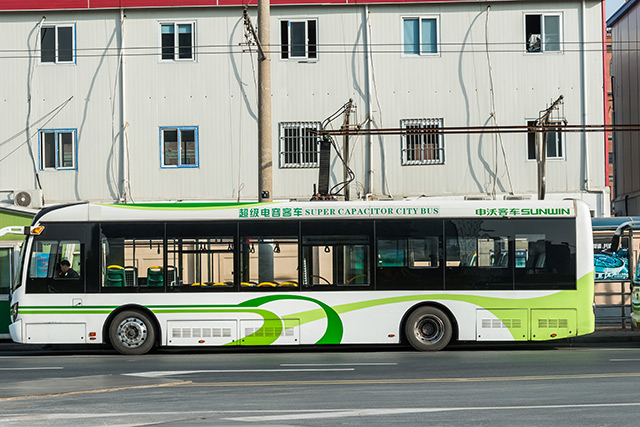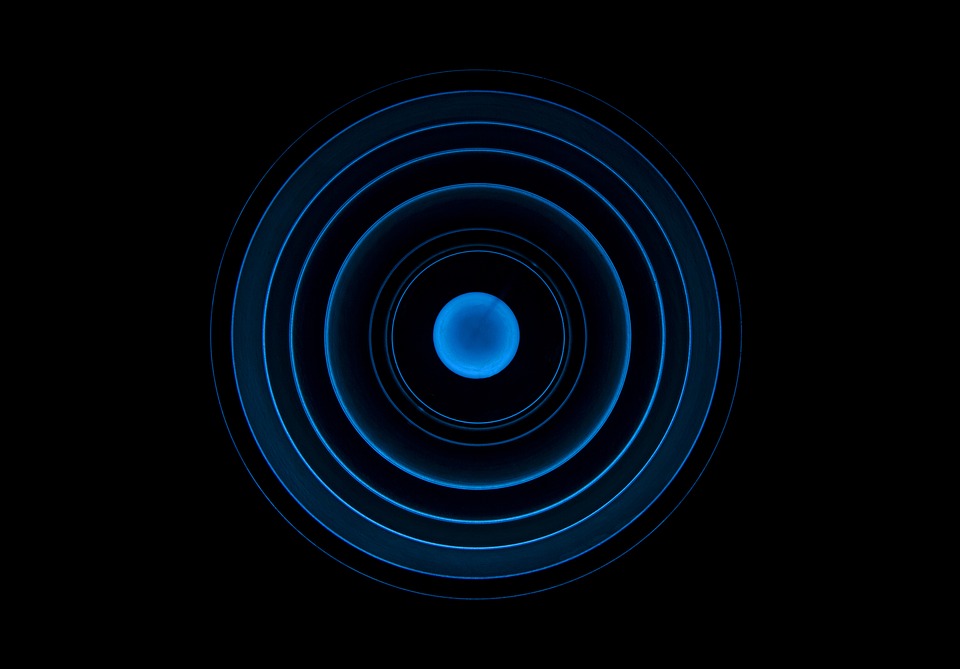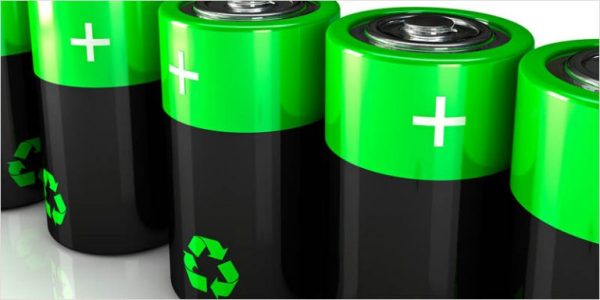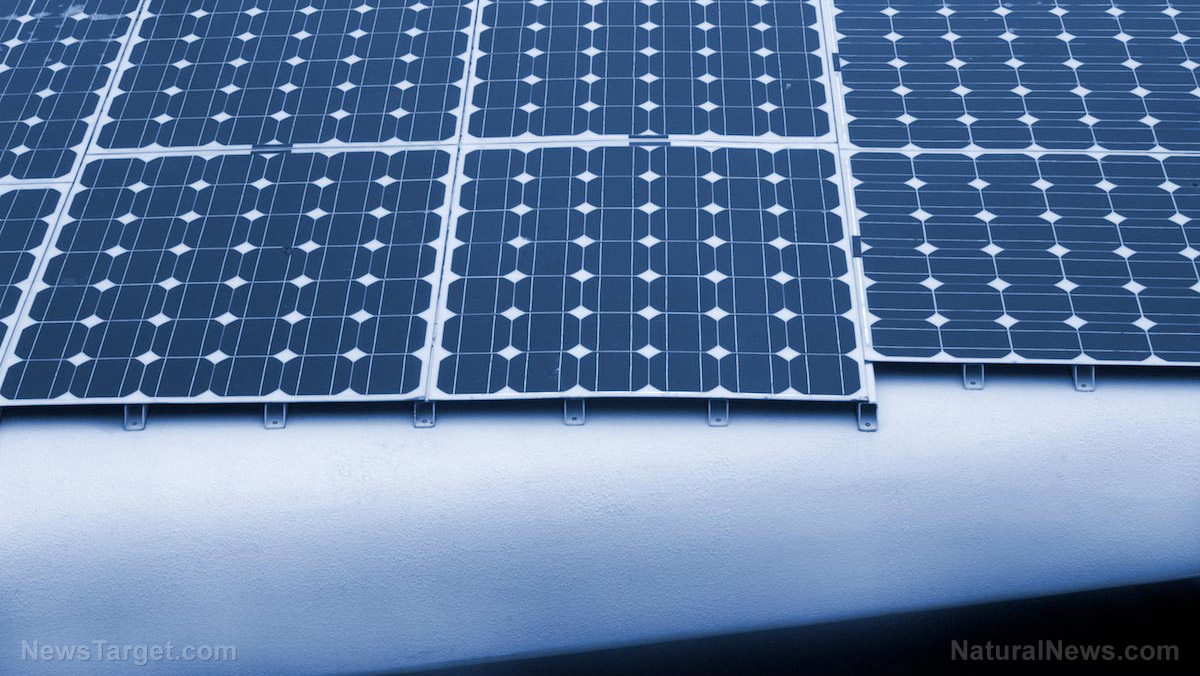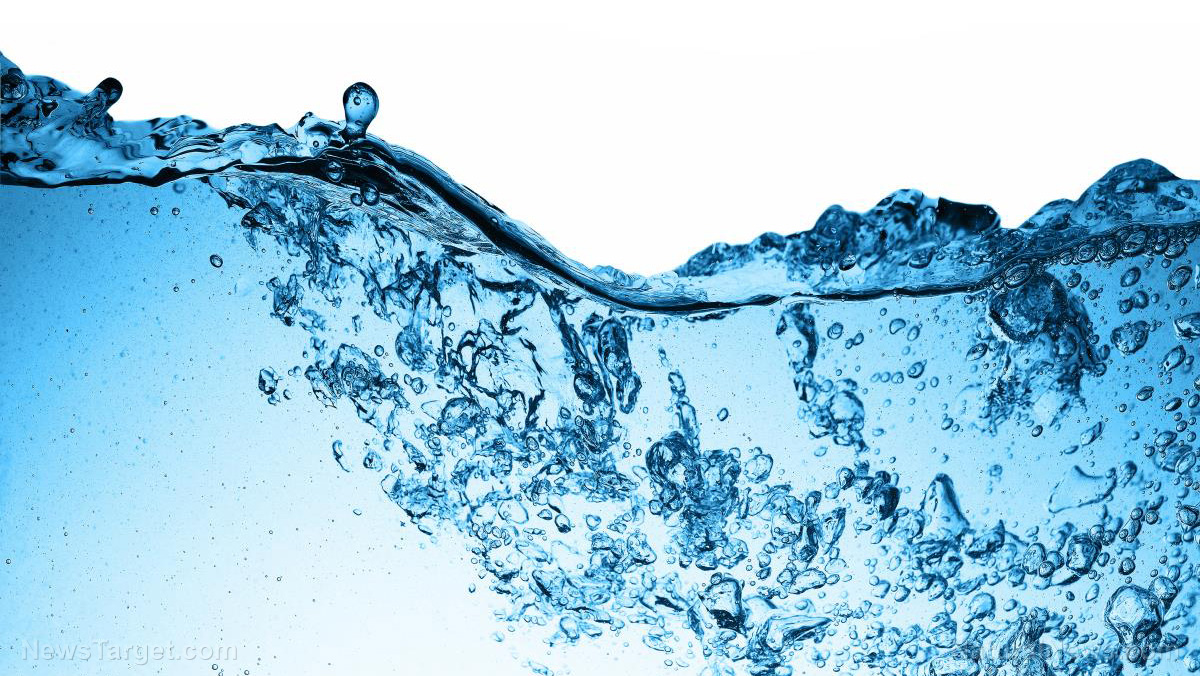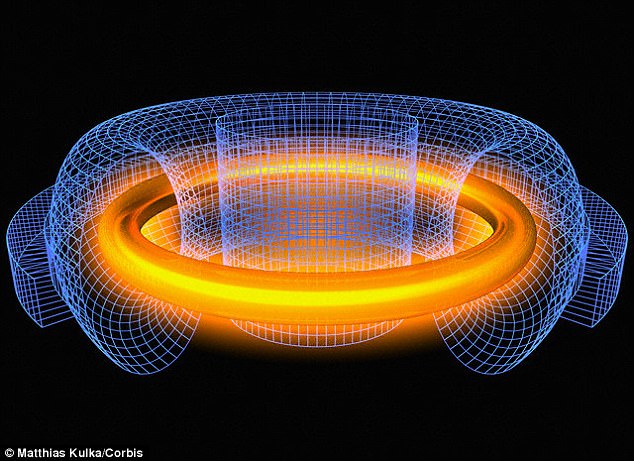Zero emissions cargo: All-electric container barges dubbed “Tesla ships” to be launched soon
08/21/2018 / By David Williams

Who says all-electric vehicles have to be limited to either the road or the sky? One Dutch company called Port-Liner is bringing some electric innovation over to the ocean, in the form of two giant all-electric barges that they have taken to calling “Tesla ships.” The company has already announced that the barges are going to be launched soon and will be inaugurated by sailing through the Wilhelmina canal that’s located in the Netherlands.
According to Tom van Meegen in an interview with U.K.-based website The Loadstar, his company’s two giant barges will be the first in the world to sail on so-called carbon-neutral batteries. However, he also mentioned that while smaller versions of the barges could be used to carry more containers, it wouldn’t be possible to use them in countries like Belgium and the Netherlands because of the low bridges – making the transport under them challenging, given the height of the containers. Meanwhile, 280 containers can be boarded on the giant Tesla ships.
“There are some 7,300 inland vessels across Europe and more than 5,000 of those are owned by entrepreneurs in Belgium and the Netherlands,” said van Meegen. “We can build upwards of 500 a year, but at that rate it would take some 50 years to get the industry operating on green energy.” Port-Liner’s innovation is the fact that the batteries on the all-electric barges can be fitted into any vessel. And that’s where mentioning vessels owned by other outfits becomes extremely relevant, even if they are perceived competitors.
“This allows us to retrofit barges already in operation, which is a big boost for the industry’s green energy credentials,” explained van Meegen. “The containers are charged onshore by carbon-free energy provider Eneco, which sources solar power, wind mills, and renewables.” So basically, the Port-Liner Tesla ships can rely on electric and renewable power all-around.
By the time that Port-Liner manages to produce the first six barges, it is expected that it will result in the removal of 23,000 trucks from the roads in the Netherlands per year, effectively replacing them with a zero-emission transport alternative. Currently, Port-Liner is the one that develops its own vessels for its commercial use, but their battery pack technology can be adapted to almost any other barge.
Although its use will be limited to mostly one small region of the ocean, the first two giant barges – Tesla ships – will go a long way towards helping save the environment from emissions that would be harmful to the atmosphere otherwise.
That kind of return on investment can at least be treated as good news, as the whole project reportedly cost 100 million Euros to put together, and it also needed a €7 million subsidy directly from the European Union (EU). The project is expected to have a significant impact on local transport between the ports of Amsterdam, Antwerp, and Rotterdam, according to a report.
For now, it’s mostly unclear what other things Port-Liner can do to maximize its use of the world’s first Tesla ships. But as it stands, it’s a wonderful first effort that should serve as a benchmark of what a good initiative should look like, as far as ocean-based transportation is concerned. The next best course of action for Port-Liner would probably be to try and see if they could somehow adapt their “portable” battery storage technology and apply it to other transportation systems, particularly those that are based on land or in the air. Score one for shipping container innovation.
Read more about futuristic tech on FutureScienceNews.com.
Sources include:
Tagged Under: all electric barges, breakthrough, cargo ships, electric ships, future tech, green living, innovation, marine technology, renewable power, shipping industry, tesla ships, transporting cargo, zero emissions

